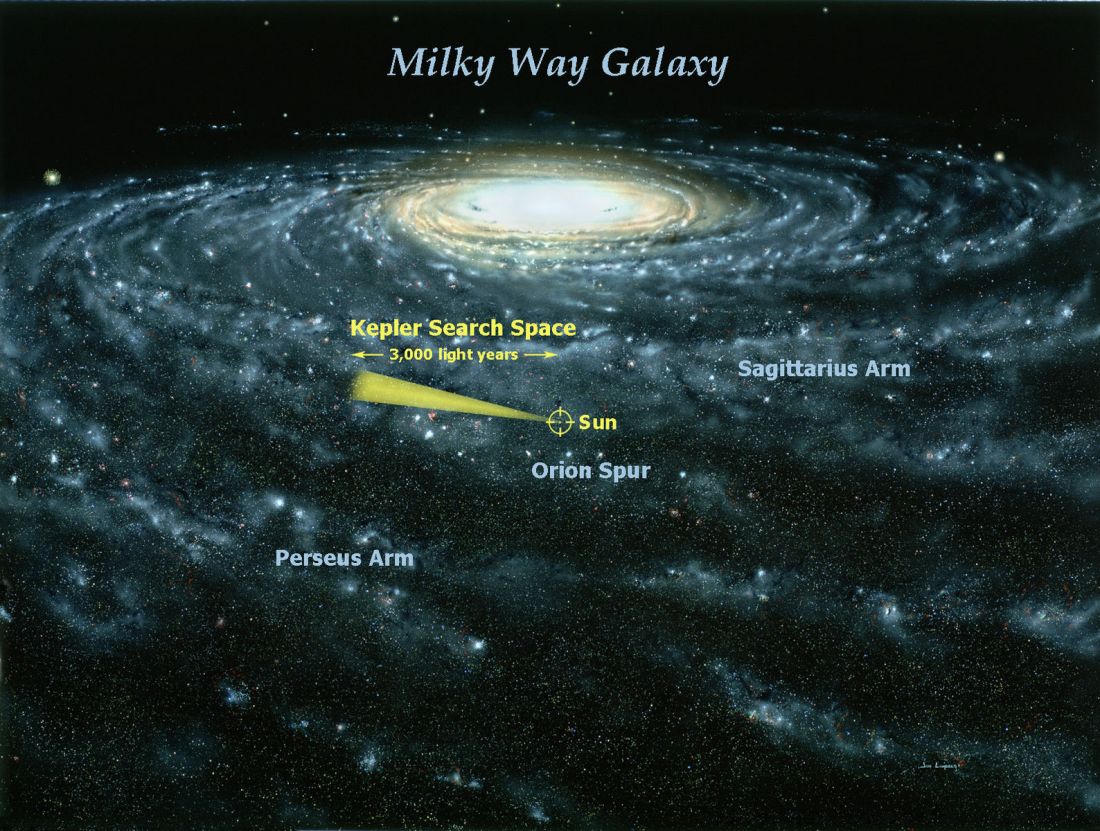Over the years, I've done a lot of posts speculating about alien civilizations. My take is generally that while extraterrestrial life may be prevalent in the universe, complex life is rare, and intelligent civilization producing life is profoundly rare. This seems evident from our own history, where simple life appears to have started as soon … Continue reading Aliens and intergalactic spheres of influence
Tag: Space
The Aurora hypothesis
Matt Williams has an interesting article at Universe Today on the Aurora hypothesis, a part of a long running series on the Fermi Paradox: if alien civilizations are numerous, where are they? The Aurora hypothesis is that the reason we don't see signs of alien colonization throughout the galaxy is that most biospheres are not … Continue reading The Aurora hypothesis
What do alien civilizations look like from afar?
This is a pretty good description of the Kardashev Scale of civilization energy usage. https://www.youtube.com/watch?v=rhFK5_Nx9xY I initially thought the video overestimated how close we are to being a Type I civilization, but then I remembered that the whole scale is logarithmic, so maybe not. It also mentioned that we might "choose" to build a megastructure … Continue reading What do alien civilizations look like from afar?
36 civilizations in the galaxy?
A new analysis is getting some attention, one claiming to have refined the old Drake equation and produced firmer numbers, leading to this conclusion: Under the strictest set of assumptions – where, as on Earth, life forms between 4.5bn and 5.5bn years after star formation – there are likely between four and 211 civilisations in … Continue reading 36 civilizations in the galaxy?
The evolution of extraterrestrial life
This is the third or fourth video I've seen of Arvin Ash, and have been impressed with how level headed his thinking is. (In other words, his biases seem to match up well with mine.) This one on how alien life might evolve strikes me as right on the money. (The first few minutes end … Continue reading The evolution of extraterrestrial life
The Q-Drive and the difficulty of interstellar exploration
I've discussed the difficulties of interstellar exploration before. To get a spacecraft to another star within a human lifetime requires accelerating it to an appreciable percentage of c (the speed of light), say 10-20%. In general that requires titanic amounts of energy. (Forget about the common sci-fi scenarios of going into warp drive or jumping … Continue reading The Q-Drive and the difficulty of interstellar exploration
Apollo 11 and the lost space age
I was very young when Neil Armstrong and Buzz Aldrin landed on the moon in 1969, so I have no memory of the landing, and only limited memory of the Apollo program in general. I think I remember seeing some of Apollo 17 on TV in 1972, the final flight to the moon. (At the … Continue reading Apollo 11 and the lost space age
Is cosmology in crisis?
In past posts, when I've written about the expansion of the universe, I've generally referred to the rate of that expansion, the Hubble constant, as being around 70 km/s/megaparsec, that is, for every megaparsec a galaxy is distant from us, it's moving away at 70 kilometers per second faster. So a galaxy 100 megapasecs away … Continue reading Is cosmology in crisis?
The real issues with colonizing space
At Nautilus, Phil Torres argues that we should think twice about colonizing space. His reasoning appears to be that as we spread throughout the universe, we will undoubtedly diversify into different species, and that those species may come to distrust each other, and eventually try to destroy each other. Now, I've argued before that most … Continue reading The real issues with colonizing space
What’s at the edge of the universe?
Gizmodo has an interesting article that someone asked my thoughts on. Part of their "Giz asks" series, it asks various physicists what's at the edge of the universe? The physicists polled include Sean Carroll, Jo Dunkley, Jessie Shelton, Michael Troxel, Abigail Vieregg, and Arthur B. Kosowsky. They all give similar answers, that space isn't known … Continue reading What’s at the edge of the universe?


